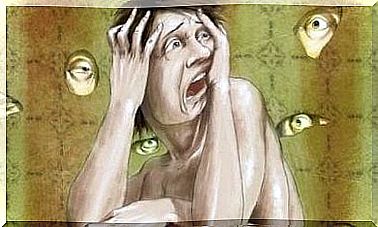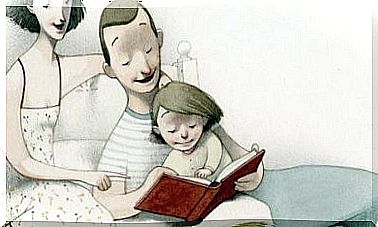Psychotropic Drugs Or Psychological Therapy?

When we go to the doctor because we feel emotionally unwell, what are his usually indications? He probably prescribes psychiatric drugs or sends us to a psychiatrist. Not from the psychologist, even if we ask for them … Are pills perhaps better than psychological therapy?
We tend to go the easy way, take pills and let our problems go away… but they really don’t. They stay there after we stop taking those medicines. What, then, can be the solution?
Read on and you will find out why the treatment of a cognitive-behavioral psychologist gives the best benefits, even when used as a complement to an initial drug treatment.
The problems of psychotropic drugs
The purpose of this article is not to completely condemn psychiatric drugs. The truth is that sometimes they are necessary and it is right to take them.
The data shows that in many European countries there is an exaggerated tendency to prescribe them, as mentioned in the introduction of this article. To the point that some consumer protection organizations have requested that less be prescribed in favor of psychological therapy.
The side effects of these medicines are known to all health professionals, both long and short term effects. The problem, however, is not only this. In fact, there are many doubts about their ability to treat some psychological disorders, yet they still tend to be administered as they represent the most economical solution for a saturated health system and on the verge of collapse due to a lack of professionals.

In addition, their low price makes them an attractive long-term option, as they can contain many symptoms. However, they do not act on the cause of the problem and, therefore, risk making many of those ailments chronic.
As you can see, there are pros and cons of psychiatric drugs. So why are they so used? On the one hand, there are the economic interests of the pharmaceutical industry. On the other hand, it is often the patients themselves who want to solve their malaise by taking a pill, requiring minimal effort on their part.
Why is cognitive-behavioral psychological therapy better?
Why is trying to solve problems quickly and “painlessly” a bad tactic? Because doing so does not solve any problems. Put simply, psychiatric drugs can help us reduce anxiety or improve our mood right after taking them, at best.
But what happens next? What happens when we stop taking them? Surely the emotional malaise that disturbs us will resurface. Why? Because we have not learned any strategy to be able to manage it. The first thing to keep in mind is that life is full of situations that will make us feel bad, but if we don’t learn to support our negative emotions, they can transform from passing emotions to permanent presences in our life.
Here is the problem. Medicines can soothe our depression or anxiety problems, but it is through quality psychological therapy that we will be able to acquire the tools necessary to control negative emotions on our own. Tools that can continue to be applied once therapy has ended.

What does psychological therapy have more than psychotropic drugs?
In addition to providing emotional control strategies to be used throughout our life, the therapy does not carry any health risks or negative side effects such as psychiatric drugs. Furthermore, it is the best alternative in economic terms. But the benefits don’t stop there.
To name another, adherence to psychological treatment is greater than to pharmacological one. The recovery rate is higher and the risk of a relapse is significantly reduced. In turn, this prevents the ailments from becoming chronic.
Stop for a moment to think: what is more valuable, the easy things or the ones that require effort on our part? The answer can only be those that involve effort, which we feel is the direct product of our work, which makes us feel better.
In these cases, emotions such as happiness arise and we feel fulfilled. With psychological therapy, we will not only get tools to learn how to manage our negative emotions, but we will also enhance positive affection and our self-esteem.
Cognitive-behavioral therapy is therefore considered the best treatment for the cure of most psychological disorders. Pharmacological treatment is necessary in the most severe and advanced cases, but it must still be an integral part of a psychological treatment. It is, therefore, essential to have recourse to an expert and adequate psychologist for each person.
Image courtesy of Freestocks.org, Drew Hays, and Breather.









